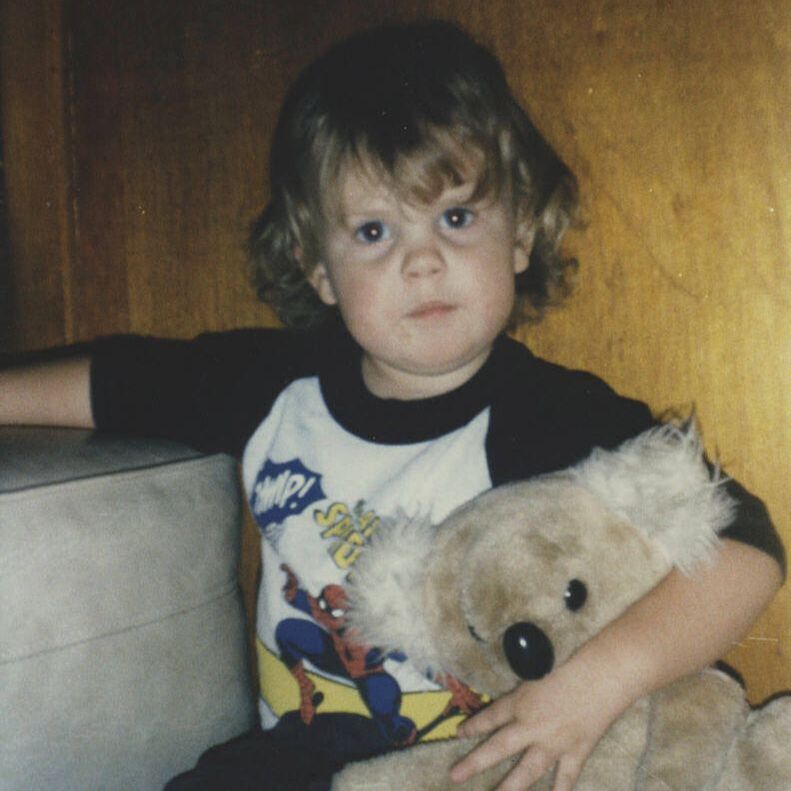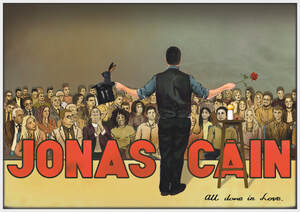|
“Why did she ask me to come here?” I wondered desperately.
A sense of dreadful incompetence began to infiltrate my heart as I stared blankly at the symbols on the page, unable to decipher them. Clearly the teacher had made a mistake; I wasn’t as good as she thought I was—so while the other students played through the score with ease, all I did was go through the motions, moving my fingers across the keys without actually blowing into the saxophone. “I don’t belong here!” I screamed inwardly, while outwardly trying to maintain an image of cool confidence. I had only been playing the saxophone for a few months but Mrs. Megan was impressed with how quickly I had progressed compared to my peers, so she advanced me from the 4th grade band to the 6th grade band. At first I was elated! But the elation was short-lived, when I began to learn for the first time what it means to engage in challenges outside your comfort zone. Overwhelmed and hopeless, I simply continued to fake my way through class until it was finally over. I had no interest in ever again experiencing the torture of growing pains, so that first day of advanced band also became my last—conveniently “forgetting” the saxophone at home every day since. We never spoke of it, but Mrs. Megan must have taken the hint because she eventually moved me back to be with my peers. Insight Have you ever run away from challenges because the growing pains were too uncomfortable? Or found yourself going through the motions outwardly, while inwardly wondering why you were even bothering? Whatever your specific circumstances, we’ve all experienced a lack of engagement at some point, and while there can be any number of causes for this, perhaps one of the primary reasons is a futile belief that we must achieve controlled outcomes. Though we may plant seeds in rich soil and provide them with plenty of sunlight and water, we can never force flowers to bloom. Therefore, perhaps the master key for unlocking engagement is a focus on process goals rather than on outcomes goals. As Seth Godin suggests in his book The Practice, our only true output is the practice—because while we can’t control the outcomes, what we can control is how we engage in the ongoing process of creation. Perhaps if I had understood this while learning the saxophone as a child, I might have relished in the discomfort of being a novice musician among advanced players and found joy in the growing pains while engaging in the daily practice of creating a new version of myself—letting go of the limiting beliefs that disguised my true capacity. Perhaps. Reflection How might a focus on process goals help you to enhance your engagement? |
AuthorI'm a mirror (and so are you). Topics
All
Archives
February 2022
|


 RSS Feed
RSS Feed
